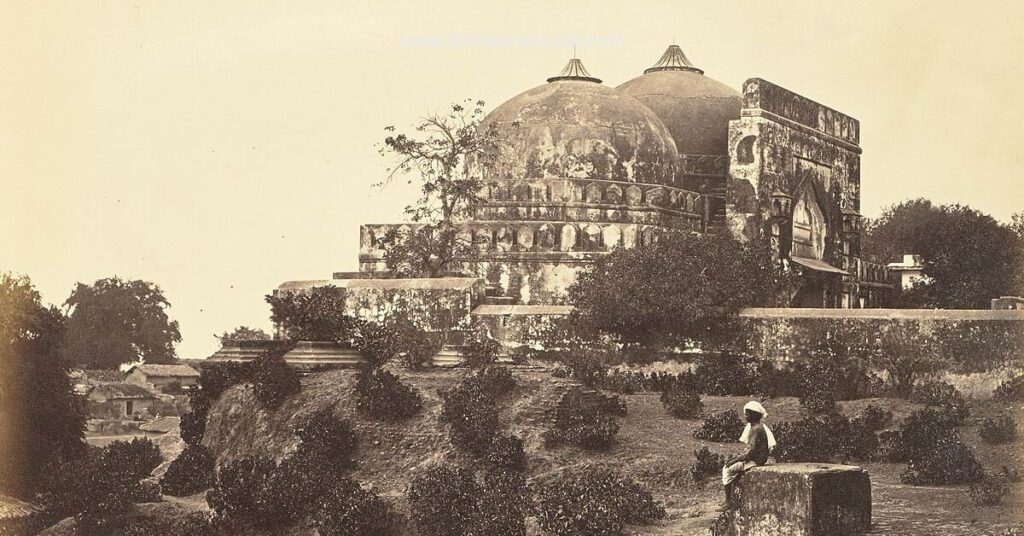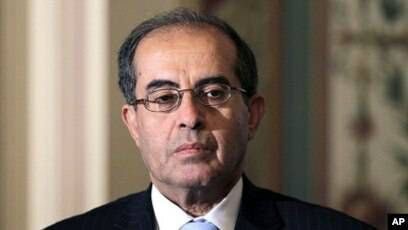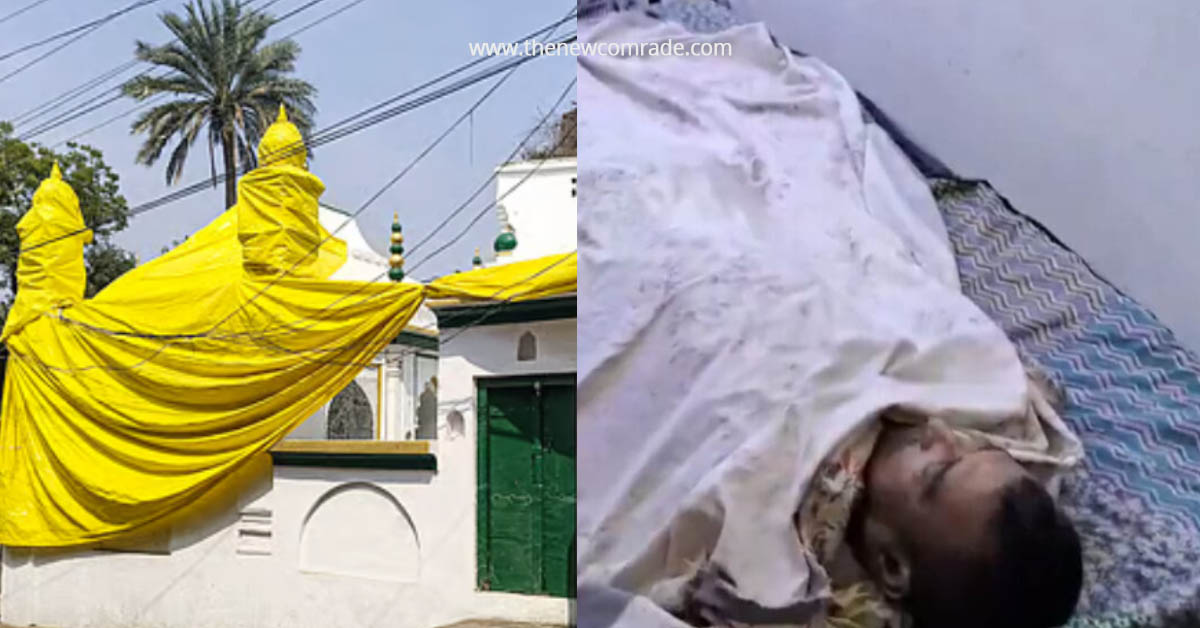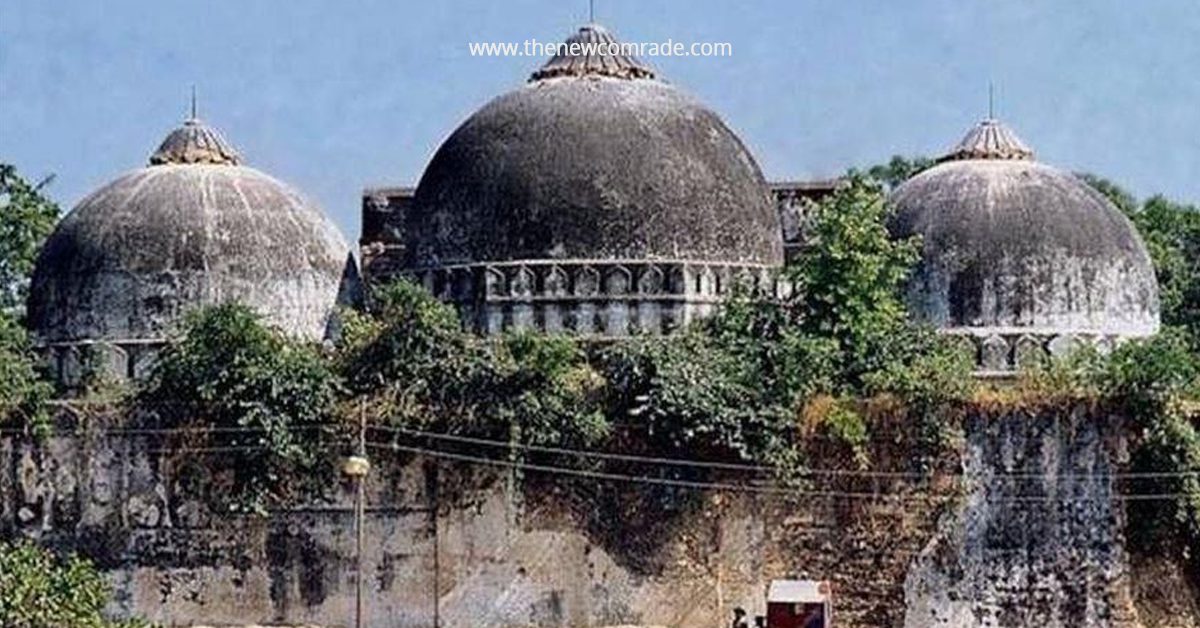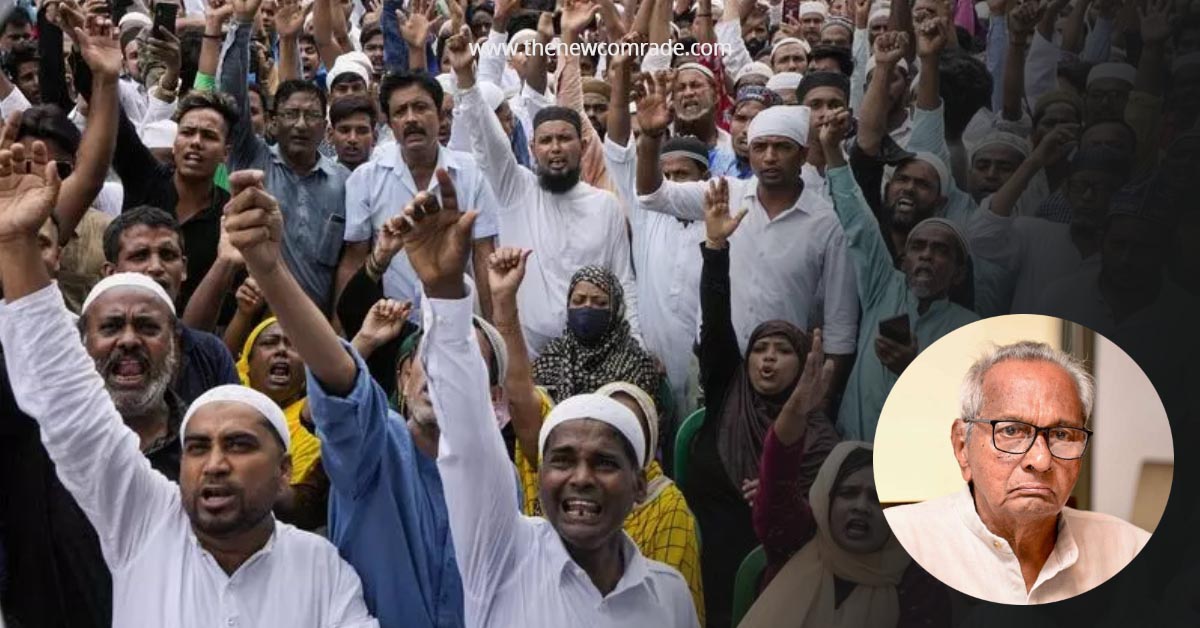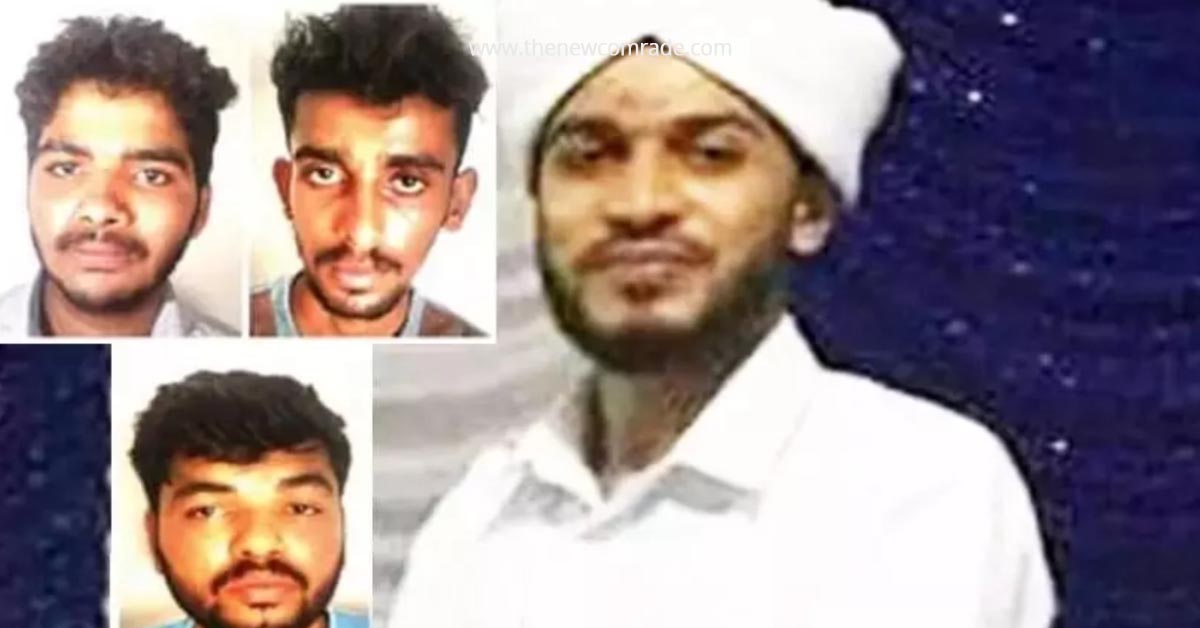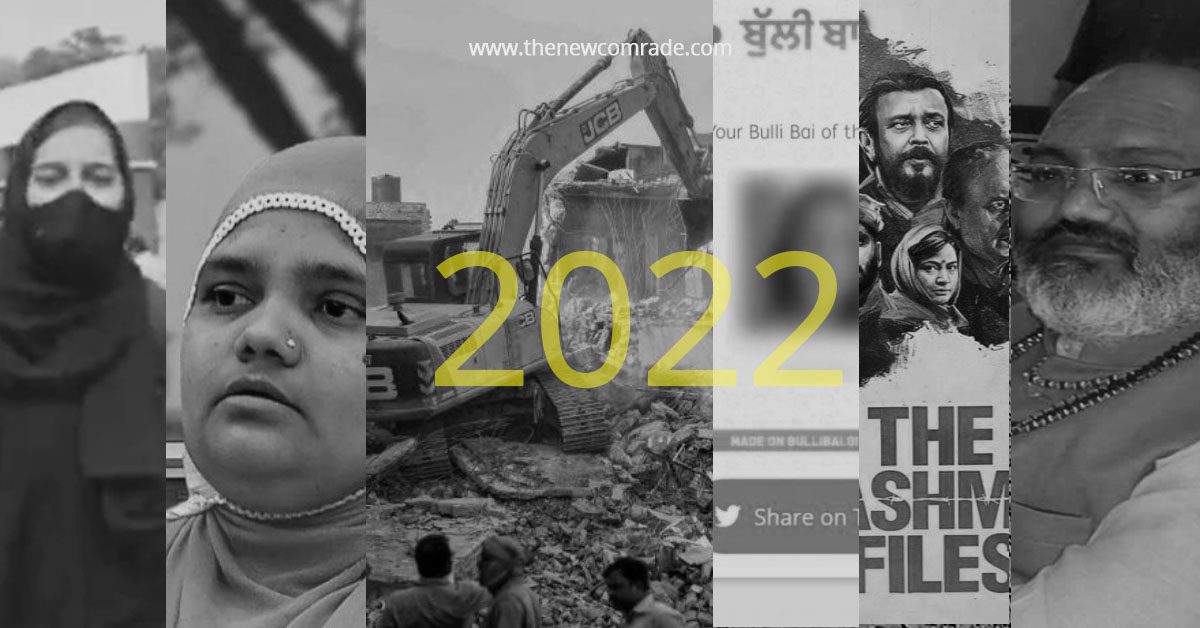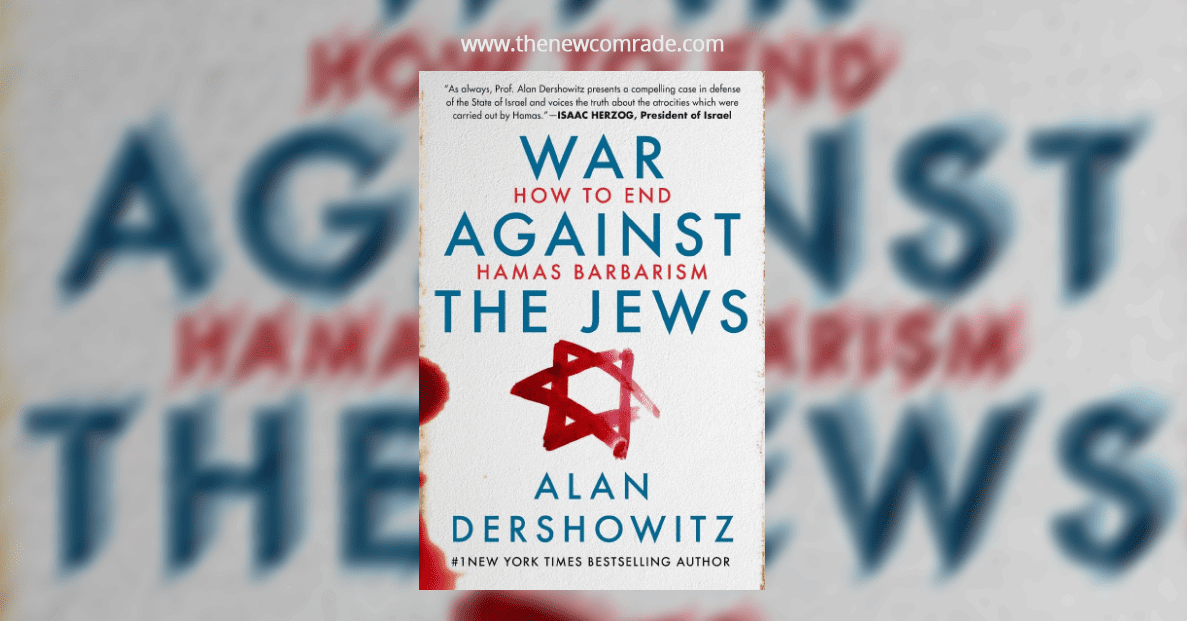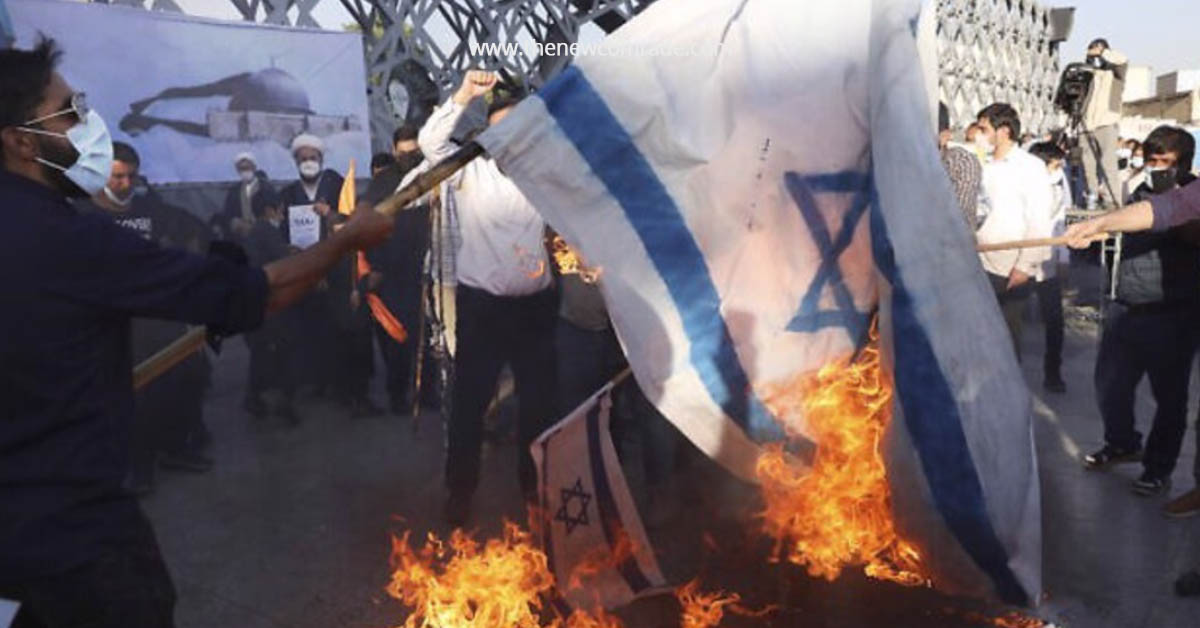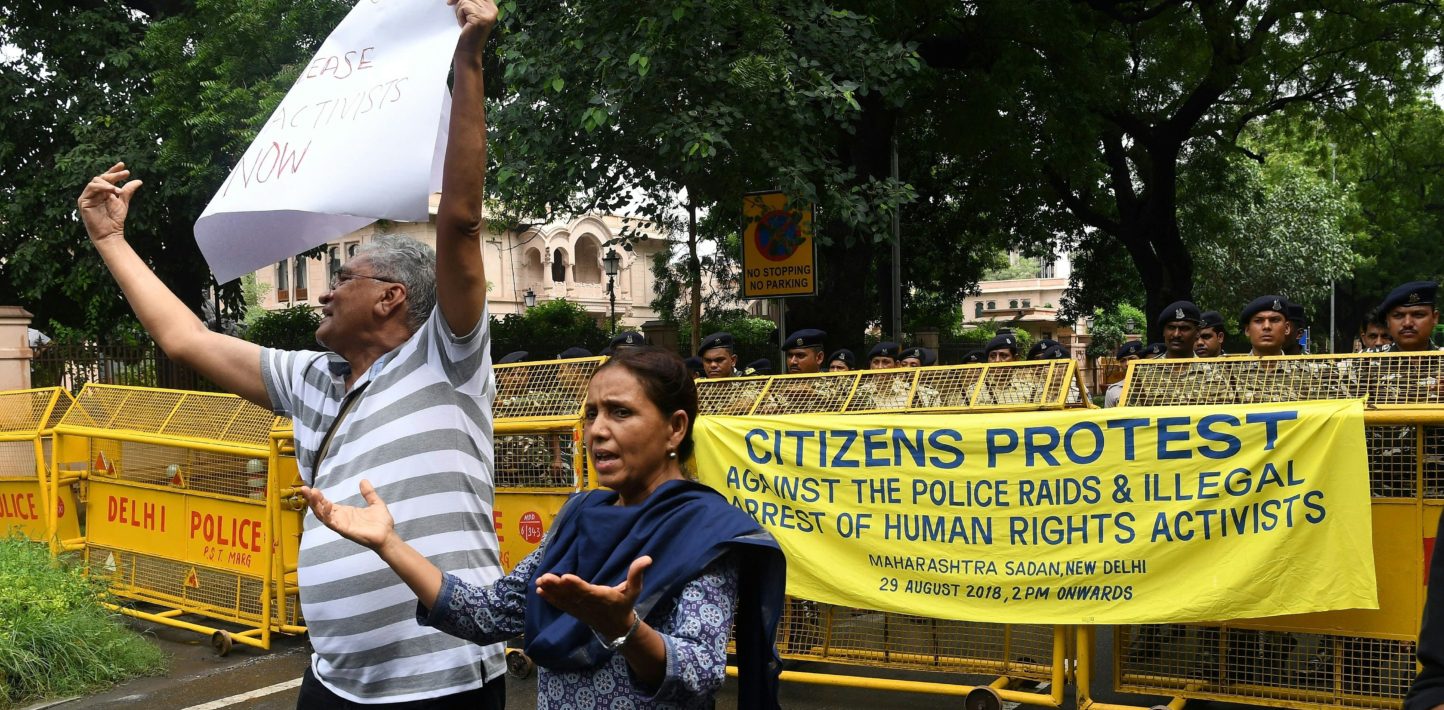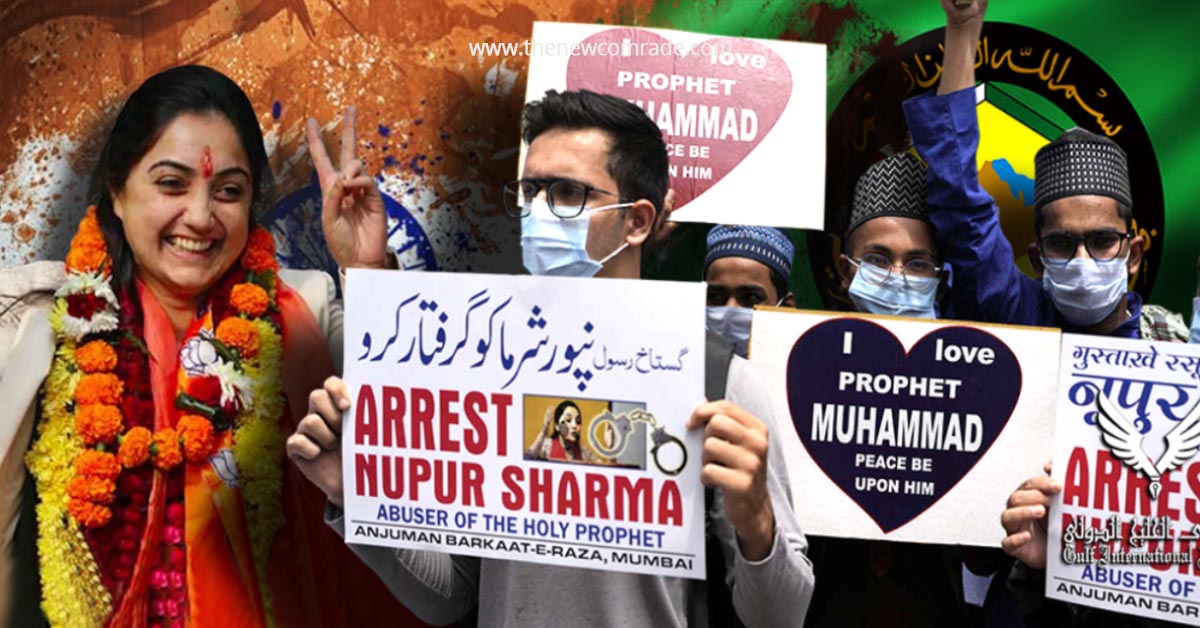The place was Makkah al Mukarramah – the centre of gravity of faith and the place supposed to be the centrepiece in acclaiming the sole sovereignty of Allah Almighty. The time was the Makkan phase of the Holy Prophet (SAAWS), which centred around this holy city, controlled by a coterie that considered maintaining the Holy Abode and hosting of pilgrims seeking this place as their exclusive divine privilege and pride. This pride, they coupled with the placing of idols inside and outside Ka’bah and inventing polytheistic rites and rituals, making a display of some form of devotion. This was quite similar to the kind of “pluralism” expounded by the dominant powers of our times. Adding to all this was the tribal superiority complex borne by these people – the Quraysh.
The advent of Mohammed (SAAWS) from the ranks of the same tribe, exhorting return to the divine instructions, was a quite gruelling task for Him, in the face of the stiff conservative opposition of the oligarchs keen on preserving the status quo mentioned. He used to be particular on spending His time, in this stage, in the environs of the Ka’bah itself. Through His prayers performed at this place, He continuously drove the point that Allah alone deserved worship and submission and that Allah was alone the Supreme Sovereign.
“For the solidarity of Quraysh; their solidarity that is in their winter and summer travels. Let them worship the Lord of this Abode; Who fed them against hunger and secured them against fear.” (106: 1 ~ 4)
The Quraysh were disturbed; their beliefs were shaken. They pressed and threatened the Holy Prophet (SAAWS) to leave the holy mosque. In material terms, He was overpowered by their numbers, and He had no doubts about it. However, Allah had decreed that mosques are meant for His worship and sovereignty alone; He was, hence, bound to stay steadfast—and so did He.
“Mosques belong to Allah; so call not anyone with Allah. When the slave of Allah stood up, calling Him, they were about to swarm upon him. Say: I call only my Lord, and I ascribe none as partners with Him. Say: I possess not the power to hurt nor to guide you. Say: none would grant me protection from Allah—none! I will never find a haven other than Him.” (72: 18 ~ 22)
Allah Himself responded to the collective threats of Quraysh:
“Have you seen those who prohibit a slave, when he prays? Have you seen that he had been on guidance? Or (that he) instructed alertness? Have you seen that he was belied and turned away? Do they not know that Allah sees? Indeed, if they refrain not themselves, We will lay hold of them by their forelocks; lying, erring forelocks. Let them call their henchmen. We will call the guards of hell. Indeed, obey them not; but prostrate (there) and close ranks (believers mutually).” (96: 9 ~ 19)
One cannot help wondering as to what probably could be the reason behind the inclusion of these verses in the same chapter of Qur’an, which contains the first revelations from Him, instructing to “read, in the name of Allah” the writings on the wall. Mosques are decreed to be overwritten and dedicated for Allah alone – not as any passing stance or a matter of transitory stubbornness but as a permanent injunction of Allah. Quraysh corps were reminded of this tenet in the words of Jinn who heard the revelation of Quran at a place near to Makkah, as mentioned above in the verses (72: 18 ~ 22).
It was a divine warning to the Quraysh, that their capturing of mosques and their excesses were being observed by unseen entities of the universe in addition to humans. It is quite interesting to note that this place, where Jinn listened to divine revelation upon Mohammed (SAAWS), itself was converted to a mosque.
During His mission at Makkah, the Holy Prophet (SAAWS) was quite particular and keen on addressing the Haj pilgrims, in the course of which He won over the “Ansar” of Madinah Munawwarah. As soon as He reached Madinah Munawwarah upon the invitation of the Ansar, He embarked upon setting a mosque—which formed the base of a nascent power and civilization. This might be the reason why mosques later developed as gauges of civilizational progress.
Progressing from the stage of warnings to physically realizing liberation, and against the backdrop of encroachments upon the second abode of worship—Masjed al Aqsa / Bayt al Maqdes, believers were reminded of their responsibilities:
“Who is more unjust than those who prevent access to mosques of Allah so that His Name is not remembered in them, and endeavored for their devastation? Those are to enter them only in fear. For them is degradation in the present, and a tremendous punishment in the future. To Allah belongs Orient and Occident. So wherever you turn to, there is to be Countenance of Allah. Truly, Allah is Extensive, all-Knowing.” (2: 114 ~ 115)
Allah taught it through different means that the destiny of the believer community as well as larger human prosperity, were bound with mosques—and that it was not a question of a lack of space for private worship. Disbelievers were signaled that it was time for them to leave the holy mosque at Makkah; believers were exhorted about the importance of its maintenance and proper upkeep.
“Did you assume that you would be left before Allah makes it clear (to the world) those who struggled among you and refrained from allying with entities other than Allah, His Messenger, and believers. Allah is Aware of what you do. It is not for polytheists to frequent the mosques of Allah so long as they disbelieve. Their actions are fruitless. They are in the fire forever! Only he frequents mosques of Allah who believes in Allah and the Last Day, and performs prayers and gives charity and dreads none but Allah. Those are probable to be truly guided. Have you placed the act of feeding water to pilgrims and those frequenting the holy mosque at par with those who believed in Allah and the Last Day and struggled in the way of Allah? They are not counted on the same level by Allah. Allah guides not the unjust.” (9: 16 ~ 19)
Disclaimer: The opinions expressed in this article are solely the author’s and do not neccessarily reflect the opinions or beliefs of the website and its affiliates.
